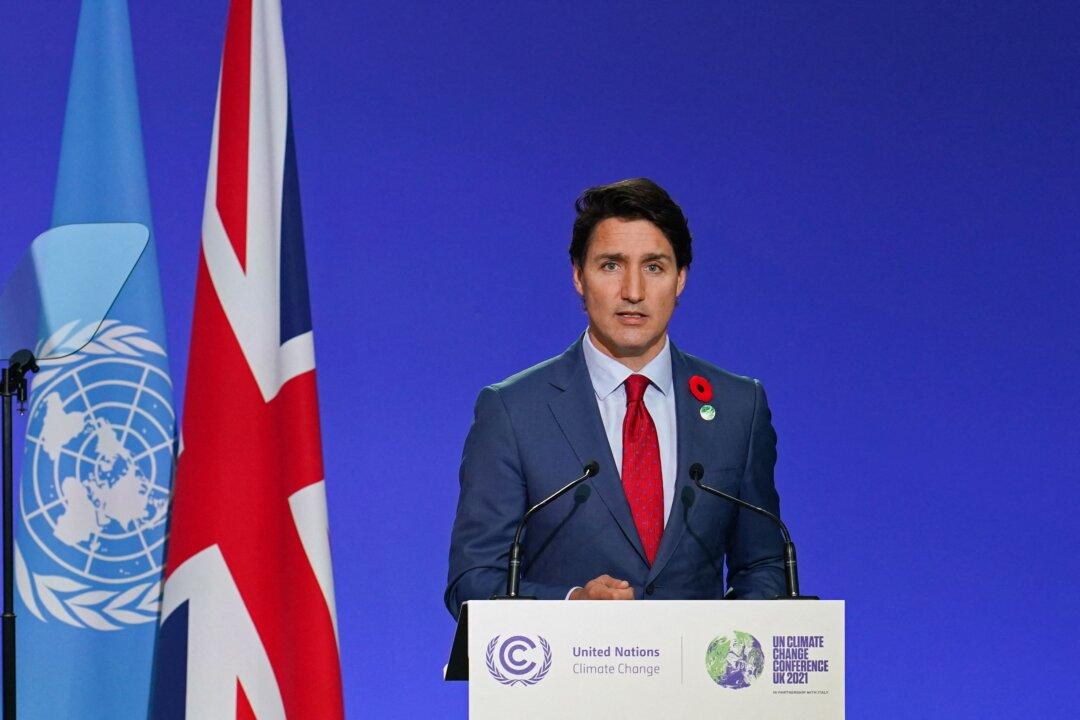News Analysis
Following the G20, which resulted in milder climate commitments than Ottawa had hoped for, at COP26 Prime Minister Justin Trudeau ramped up the pressure on Canada’s energy sector with talk of a hard cap.


Following the G20, which resulted in milder climate commitments than Ottawa had hoped for, at COP26 Prime Minister Justin Trudeau ramped up the pressure on Canada’s energy sector with talk of a hard cap.